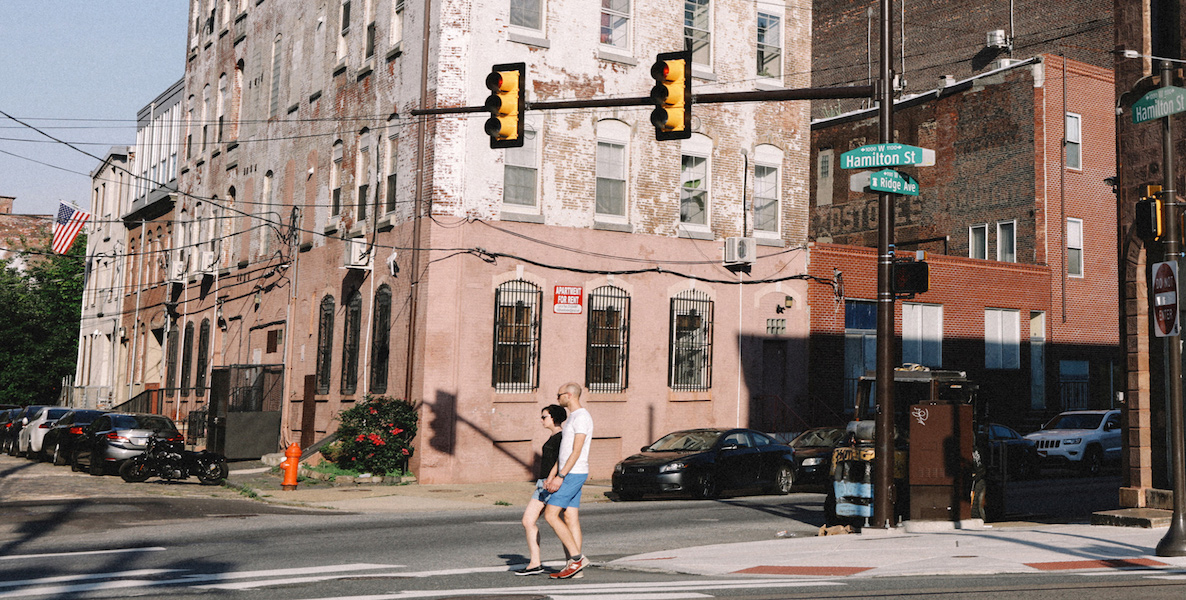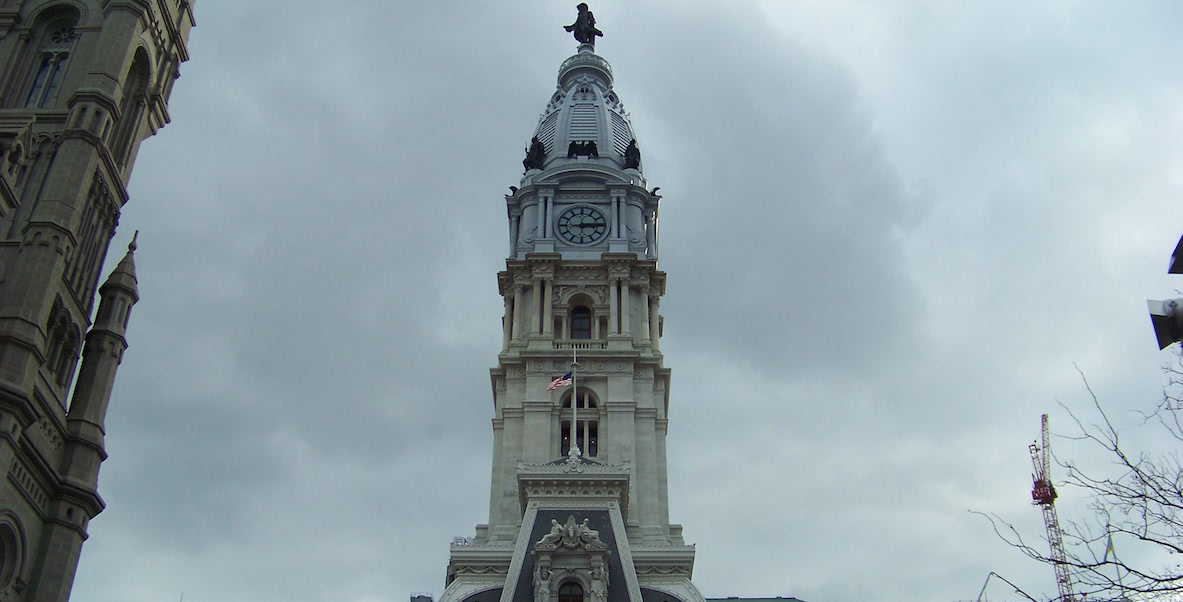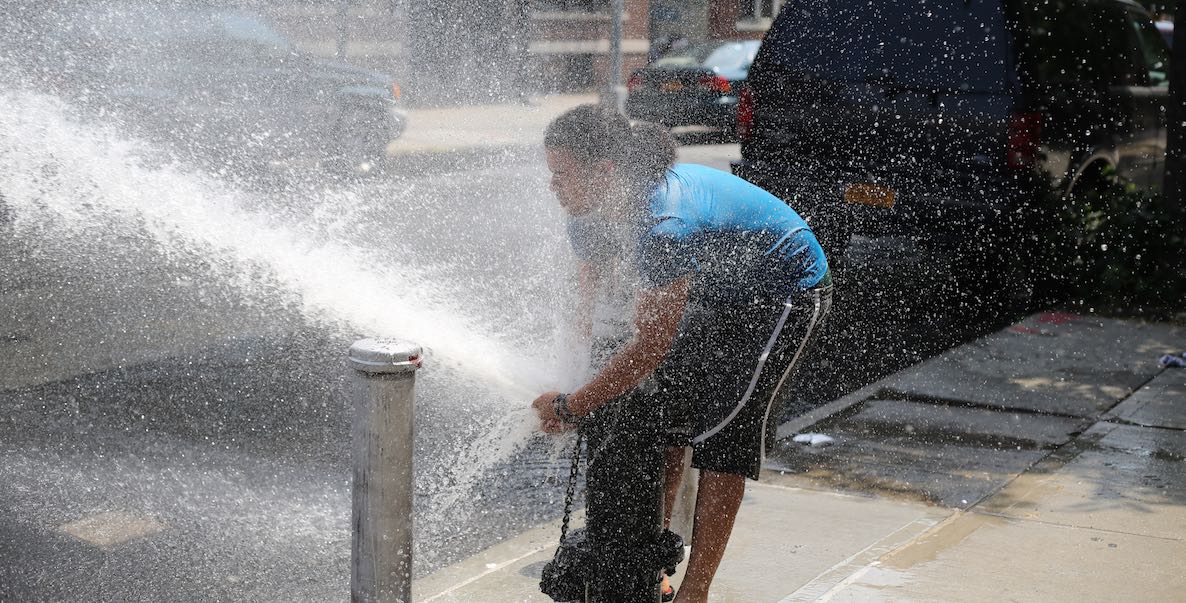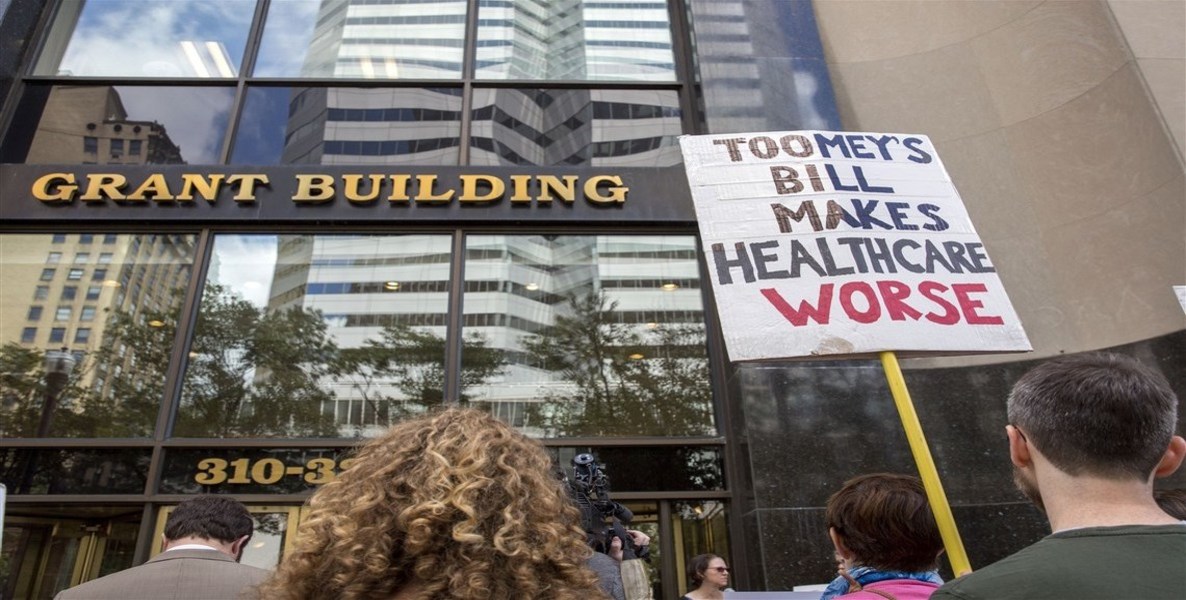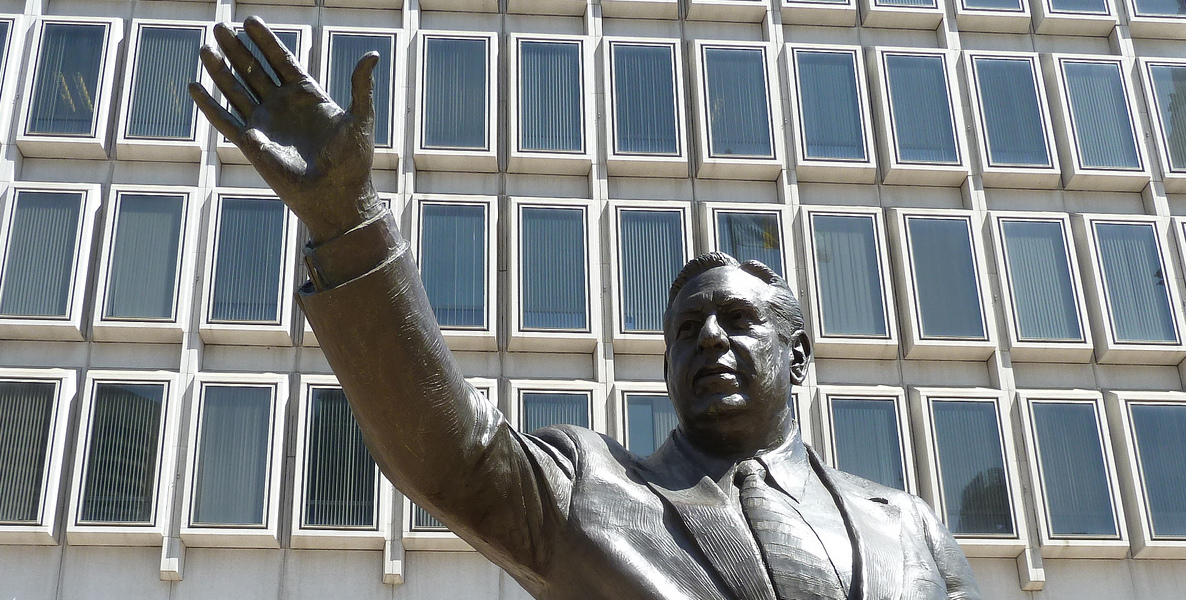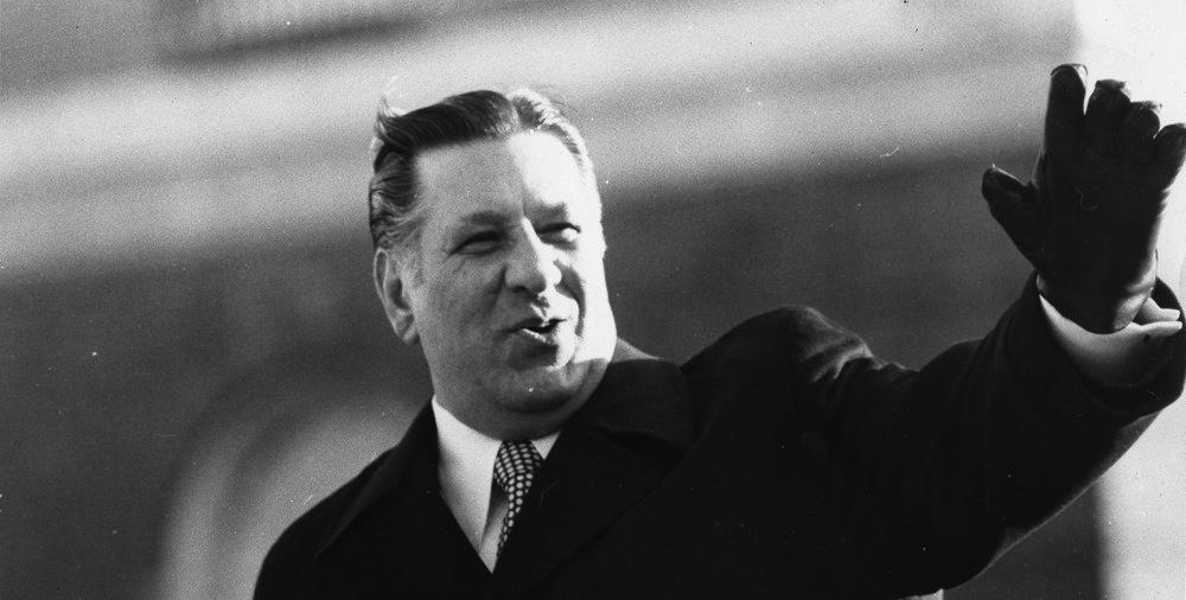Turns out that Philly has a statue problem, too.

It’s probably nowhere near the level that Charlottesville was (and still is, according to some reports). And since it’s not, historically, a Confederate-cradle town (the thought, honestly, is nauseating), it doesn’t have an issue with spooky treasonous generals lurking in racist still-life along boulevards and parks. But, there is that thing with the steel likeness of bigot-of-legends Mayor Frank Rizzo flanking the main building where city business is done.
Folks have side-eyed that piece for some time now, and damned if Charlottesville didn’t ruin it for the Rizzo-memorialists who weep nostalgic about the days black head-cracking was official city policy.
Charlottesville has stirred all kinds of pots, places and emotions. Folks are marching in spirit against the white supremacist Dark Side, but they’re also drumming up opposition to vestiges of its own racially charged past. The debate over Rizzo-ness has occasionally popped up over the years, either in public or that teeth-sucking look some folks give the statue before entering that awkward-looking Municipal Building. But there’s never been a more convenient time than now to get re-cracking on it. Councilwoman Helen Gym wasted no time in getting out front on the issue. Mayor Jim Kenney, not to be outdone on anything race relations-related, jumped in with his own “take it down.” Others, feeling the moment, are caught up in a collective, “Oh, yeah, almost forgot about that” reaction.
Which shows that had Charlottesville not happened, Philly wouldn’t be thinking about Rizzo’s statue, much less Rizzo himself, unless showing off to out-of-towners that they never had a Mayor as tough, unapologetically prejudiced and ass-kicking as Frank Rizzo. Let’s admit it: most of us who remember, even as kids, occasionally engage in a chortle of Rizzology when given the chance, whether we couldn’t stand him or not. But politicians and candidate-wannabes are rarely sincere on issues like this; even in Baltimore, Philly-native and current Mayor Catherine Pugh couldn’t just swiftly—in the dead of night—take her city’s four actual Confederate statues down. Instead, she had to get into a public cat fight about it, rubbing it in former Mayor Stephanie Rawlings-Blake’s face since the previous mayor had only started a commission to explore taking the statues down.
Politicians gauge the electorate when the zeitgeist pops off. In Gym’s case, she probably sees an opening to future mayoral glory or some other higher office; Kenney’s calculus involves diminishing any potential future competition.
So, now we have scores of elected officials jumping on the De-Confederate statue movement, from Democrats to even Republicans—even politicians in the South are doing it. While that’s all commendable, and necessary, it’s not like these statues hadn’t been around for generations through countless pols over the years. But that’s what politicians do: They gauge the electorate when the zeitgeist pops off. In Gym’s case, she probably sees an opening to future mayoral glory or some other higher office; Kenney’s calculus involves diminishing any potential future competition. We can only imagine what some Democratic primary rhetoric will sound like: Who came out against Confederate memorials first?
![]()
Perhaps the more unfortunate thing is the lack of any historical context in the removal of statues. The reactions from WURD’s “Reality Check” listening audience were demonstrably mixed. There was wide consensus on shutting down the statues, but some wondered if the broader public truly understood the reasons behind the debate. One caller viewed Gym’s move on the Rizzo statue as political opportunism. Another wasn’t bothered by the statue, but was troubled by the fact that most of those debating the memorials don’t have a full grasp of American history.
The least we can do is have a contextual conversation around the history of how we arrived here. Do most citizens even know what, exactly, was the Confederacy? Who led it, who fought for it, and why? Only half of Americans know when the Civil War took place and only 18 percent understand that the Emancipation Proclamation freed slaves in rebellious states.
Overall, there was agreement that if we’re coming to blows in Charlottesville or removing statues when everyone’s sleeping, the least we can do is have a contextual conversation around the history of how we arrived here. Do most citizens even know what, exactly, was the Confederacy? Who led it, who fought for it, and why? Only half of Americans, according to an American Council of Trustees and Alumni poll in 2015, knew when the Civil War took place and only 18 percent understood the Emancipation Proclamation was to free slaves in rebellious states. A McLatchy-Marist poll showed deep divisions over whether slavery was the main cause of the Civil War: 53 percent said it was, but a whopping 41 percent (matching Trump’s current average approval ratings) disagree. About 37 percent of adults in that same poll felt students should not be taught that slavery was the main cause of the Civil War.
![]()
Behind the statue debate is a more troubling question of whether individuals on either side even know what it is they’re arguing over. Just as shameful is a national education system that hasn’t put as much priority as it should on teaching actual facts about crucial periods in American history (particularly as textbook companies actively downplay slavery in American history). We simply know that these are ugly historical figures. Beyond that, there’s mounting evidence that we don’t much. That’s as egregious as the eye-sore Confederate statue in the park. We might be missing a big teachable moment here.
Charles D. Ellison is Executive Producer and Host of “Reality Check,” which airs Monday–Thursday, 4-7 p.m. on WURD Radio (96.1FM/900AM). Check out The Citizen’s weekly segment on his show every Tuesday at 6 p.m. Ellison is also Principal of B|E Strategy, the Washington Correspondent for The Philadelphia Tribune and Contributing Politics Editor to TheRoot.com. Catch him if you can @ellisonreport on Twitter
Header Photo: Mark Susina for Flickr


